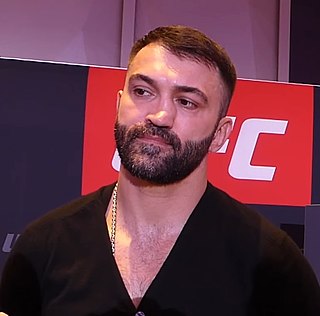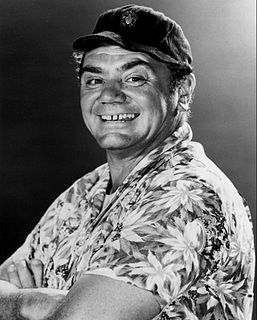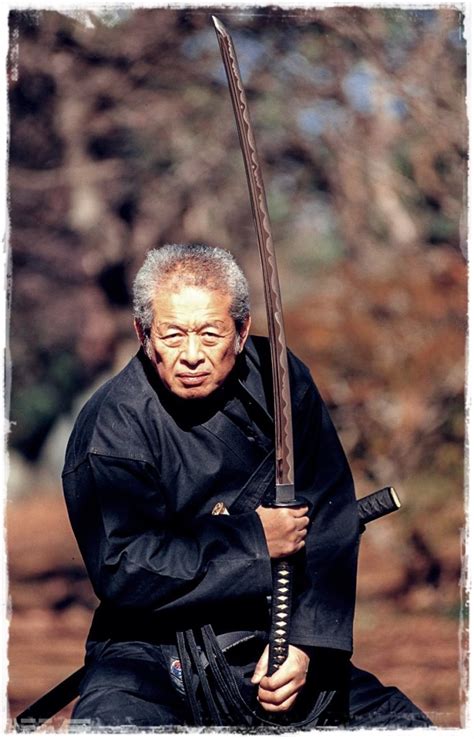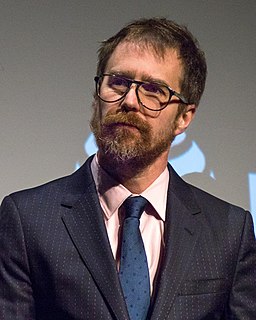A Quote by Jane Lynch
I have acting technique; I have singing technique; I don't have a writing technique to fall back on.
Related Quotes
The professional dedicates himself to mastering technique not because he believes technique is a substitute for inspiration but because he wants to be in possession of the full arsenal of skills when inspiration does come. The professional is sly. He knows that by toiling beside the front door of technique, he leaves room for genius to enter by the back.
My technique is laughable at times. I have developed a style of my own, I suppose, which creeps around. I don't have to have too much technique for it. I've developed the parts of my technique that are useful to me. I'll never be a very fast guitar player. I don't really know what to say about my style. There's always a melodic intent in there.
String theory has had a long and wonderful history. It originated as a technique to try to understand the strong force. It was a calculational mechanism, a way of approaching a mathematical problem that was too difficult, and it was a promising way, but it was only a technique. It was a mathematical technique rather than a theory in itself.




































